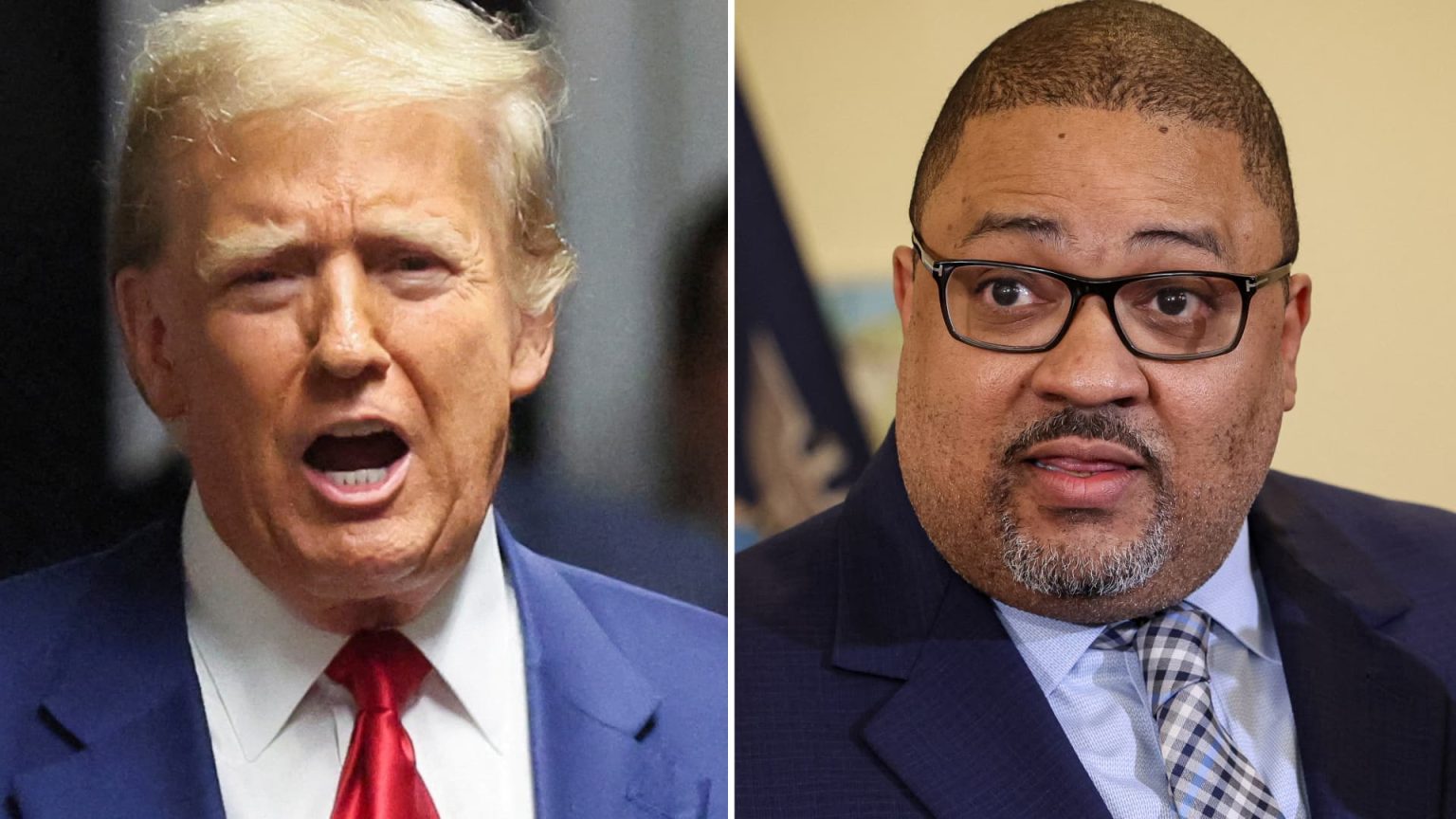A New York appeals judge denied Donald Trump’s attempt to delay his criminal hush money trial by challenging a court-imposed gag order. The trial is set to begin jury selection in six days, and this ruling marked the second failed attempt by Trump to postpone the trial. The gag order prevents Trump from speaking about likely witnesses in the case and making certain statements about related figures. Defense lawyer Emil Bove argued that Trump is unfairly restricted from speaking about witnesses such as Stormy Daniels and Michael Cohen, who have publicly attacked him without being able to respond.
During the hearing, Steven Wu, who spoke for the Manhattan District Attorney, argued that the gag order is narrow and not intended to prevent political speech but to protect against personal attacks on people involved in the case. Appellate Judge Cynthia Kern ruled against Trump’s motion for a delay with a single sentence. The motion will now be heard by a five-member panel of appeals court judges on the same day as the start of the trial. Trump is charged with falsifying business records to conceal a payment to Stormy Daniels shortly before the 2016 election.
Another appellate judge had previously denied Trump’s request to pause the trial while he sought to move the case out of Manhattan Supreme Court. Both requests for delay were part of a last-minute appeal filed to the New York appellate court using a legal procedure known as Article 78, which allows a person to challenge decisions made by state officials or actions by a judge. Trump’s attorneys are also attempting for a second time to get Presiding Judge Juan Merchan to recuse himself from the trial, claiming an appearance of impropriety due to the judge’s daughter’s work for a Democratic political consultant.
The appeals court’s quick decision to deny Trump’s motion for a delay came within an hour of the hearing where lawyers for both sides argued over the restrictions of the gag order. Trump’s defense team argued that he should be allowed to respond to public attacks by witnesses and expressed concerns about the prosecutor working for the District Attorney. The Manhattan Supreme Court trial focuses on Trump’s alleged falsification of business records to hide a payment to Stormy Daniels before the 2016 election, in which he defeated Hillary Clinton. The ongoing legal battles around the trial include attempts to challenge the gag order and recuse the judge.
Despite multiple attempts by Trump to delay the trial and challenge the proceedings, the legal system has swiftly rejected these moves. The intense legal battle in the lead-up to the trial reflects the high stakes involved and the contentious nature of the case. The Manhattan District Attorney’s office and Trump’s defense team are at odds over the scope of the gag order and the impartiality of the presiding judge. With jury selection for the hush money trial set to begin shortly, the legal maneuverings and arguments over procedural issues are continuing to shape the landscape of the upcoming court proceedings. The outcome of the trial and its potential impact on Trump’s future remain uncertain as the legal challenges play out in the New York court system.


